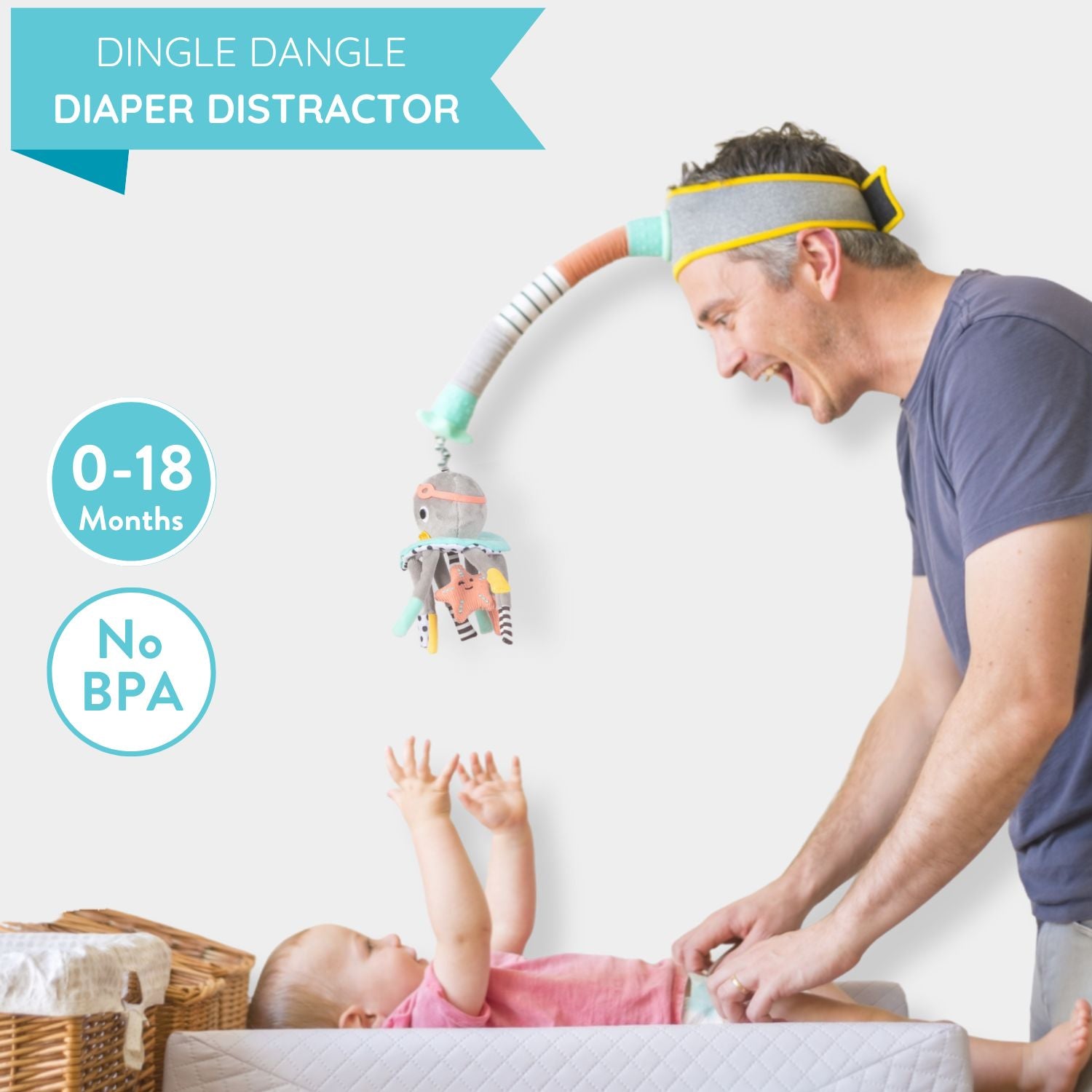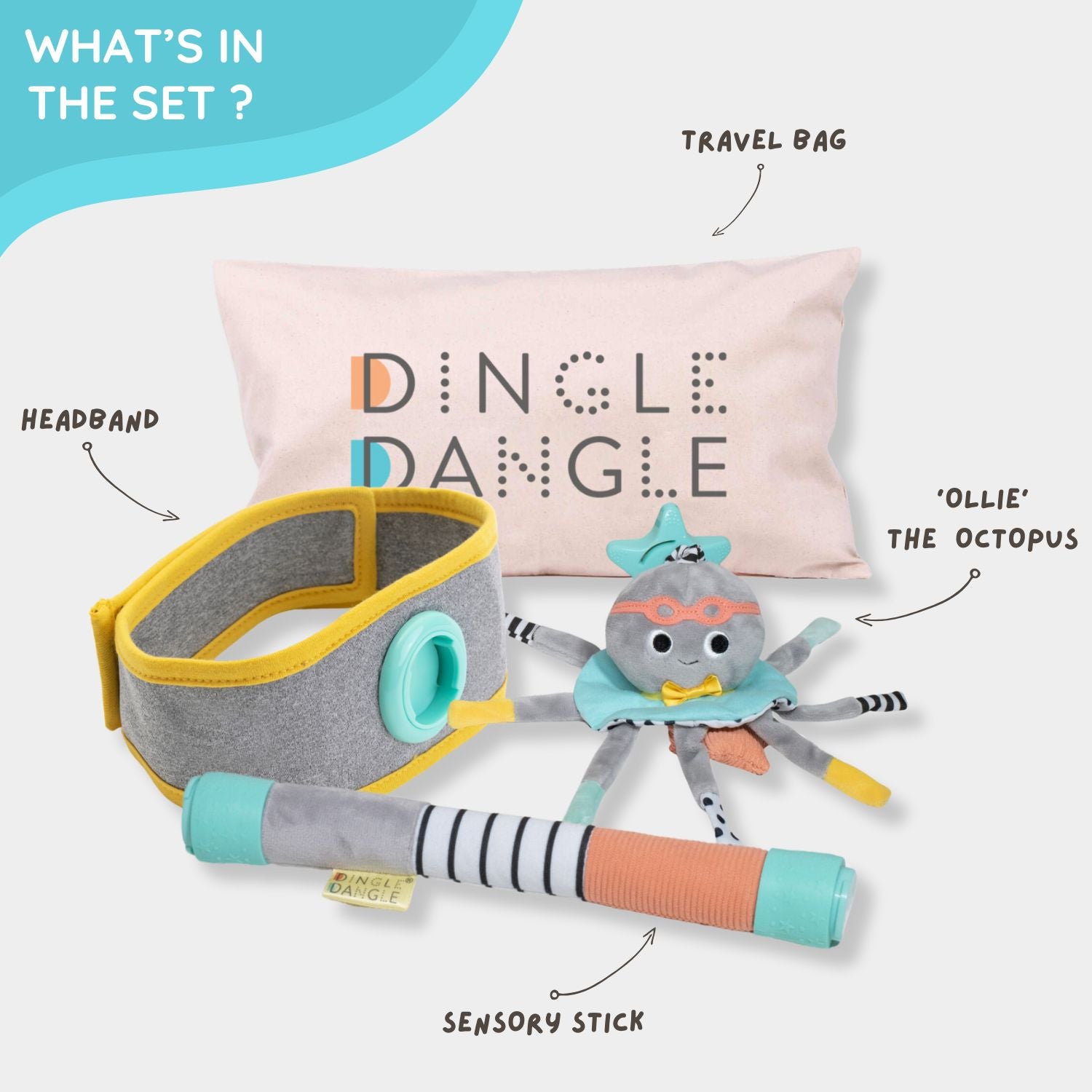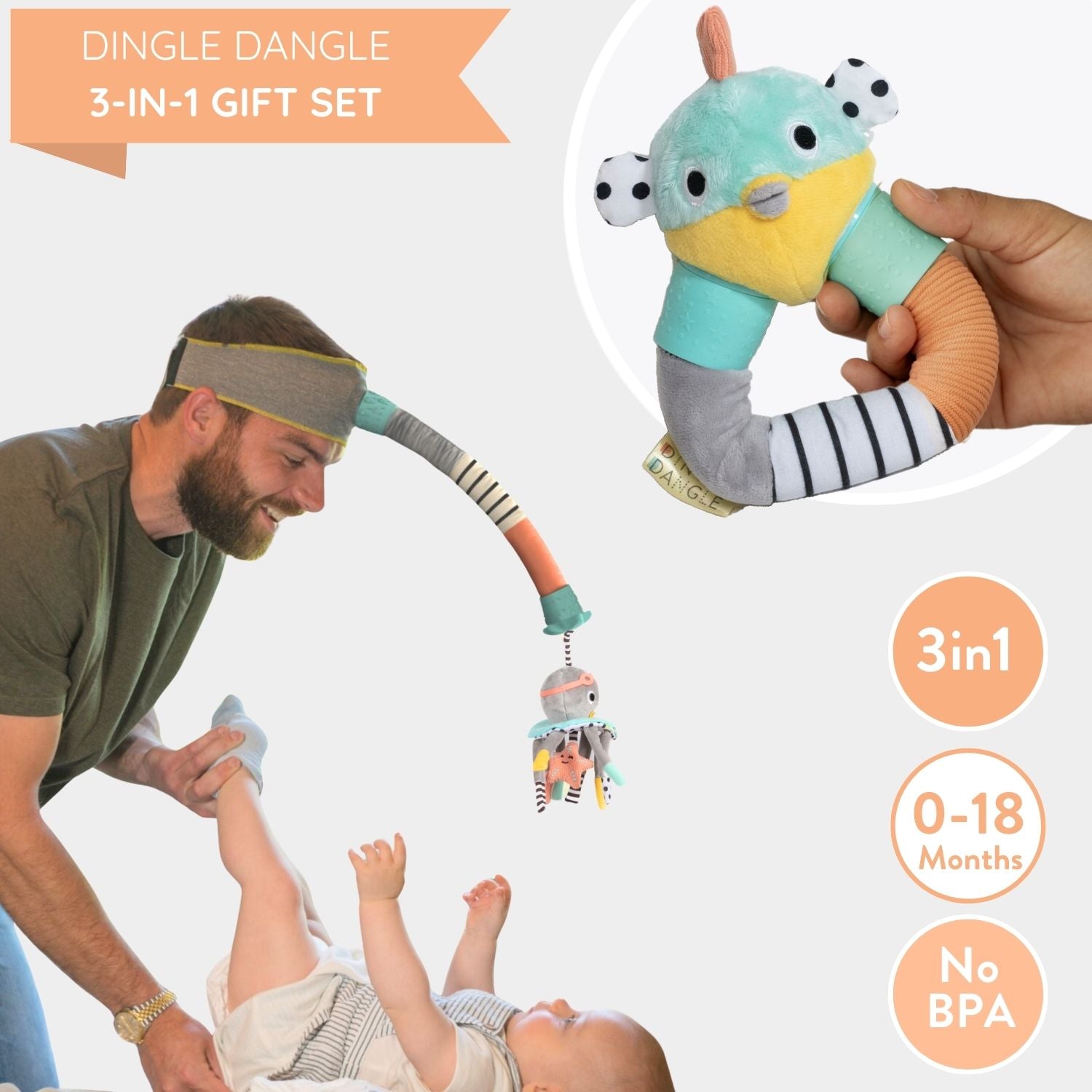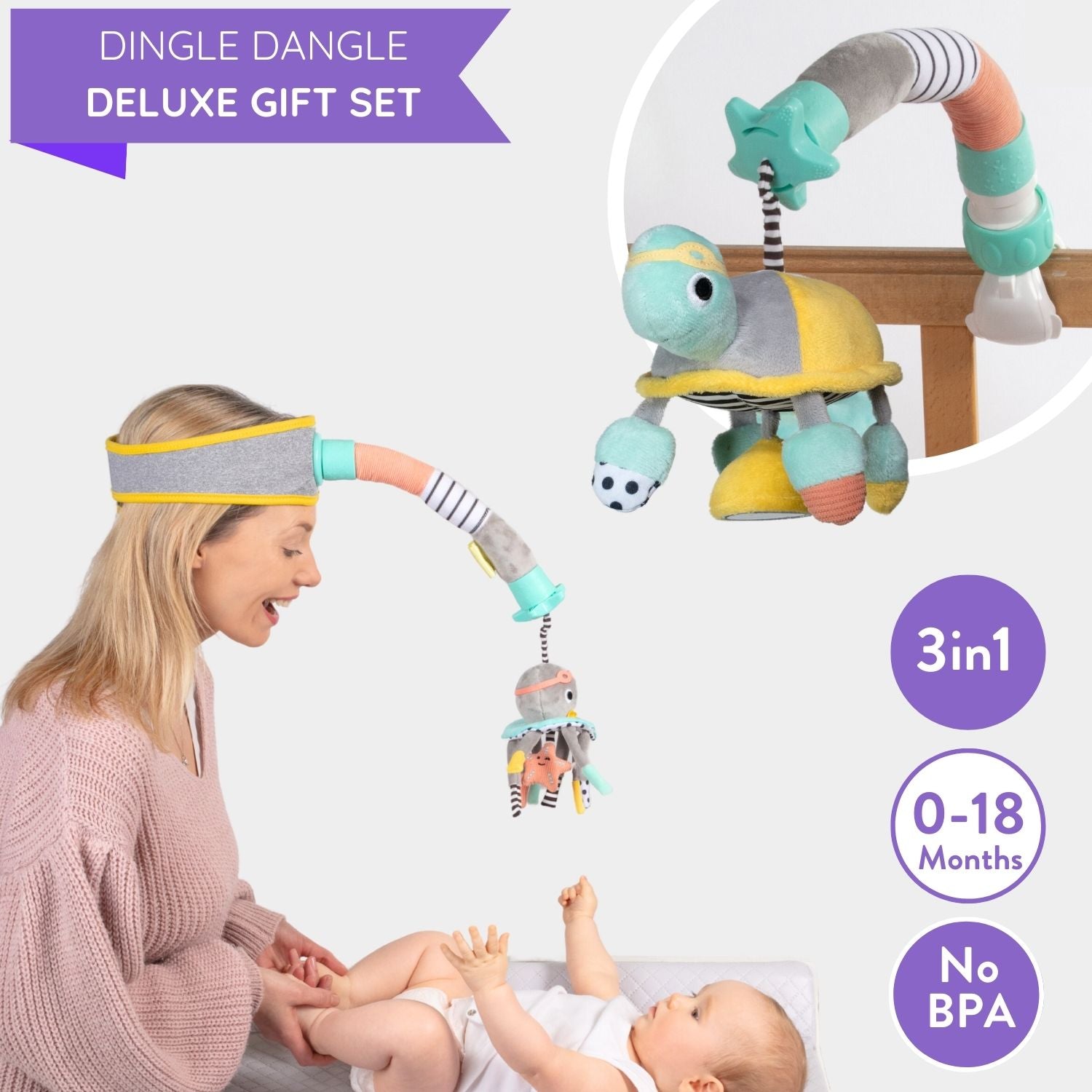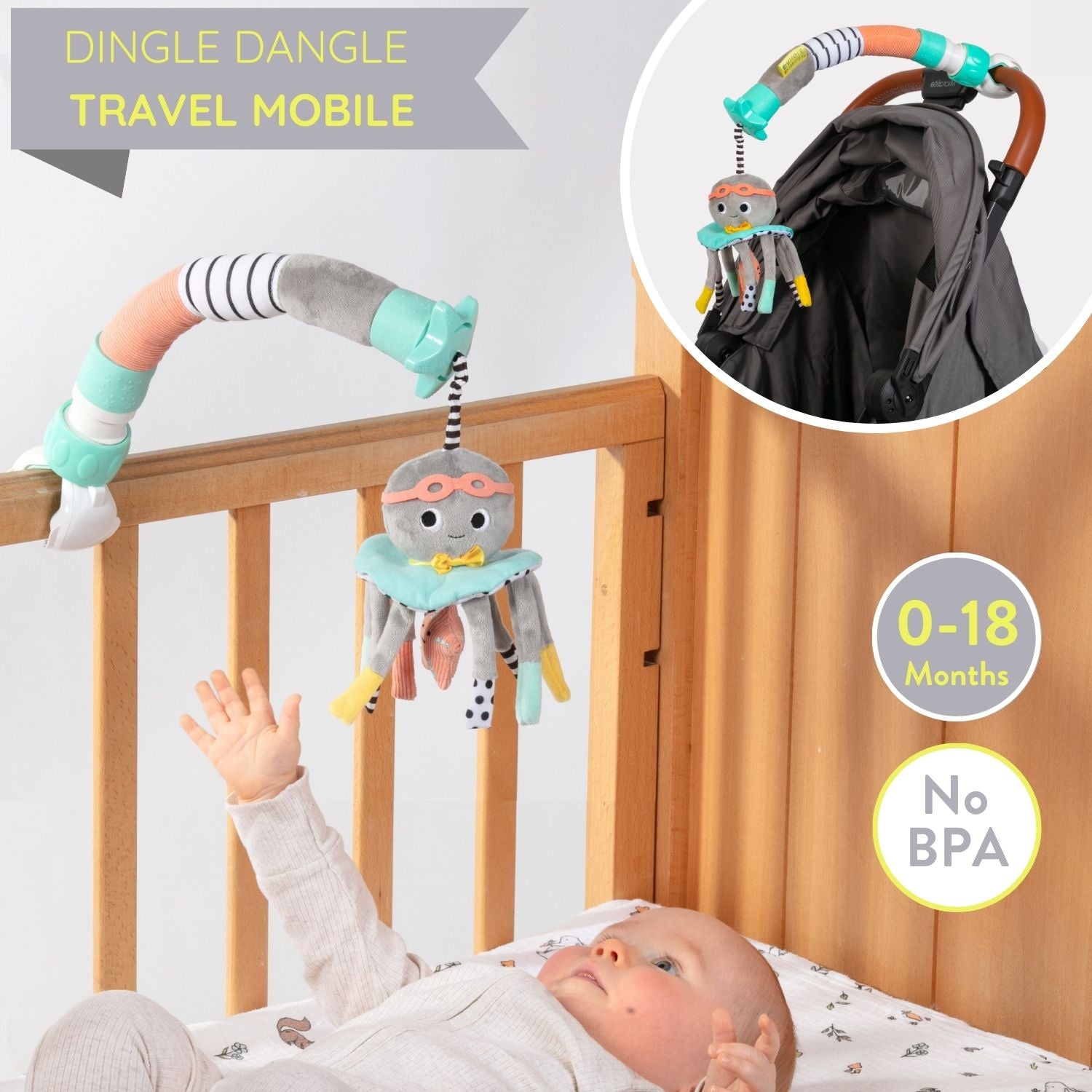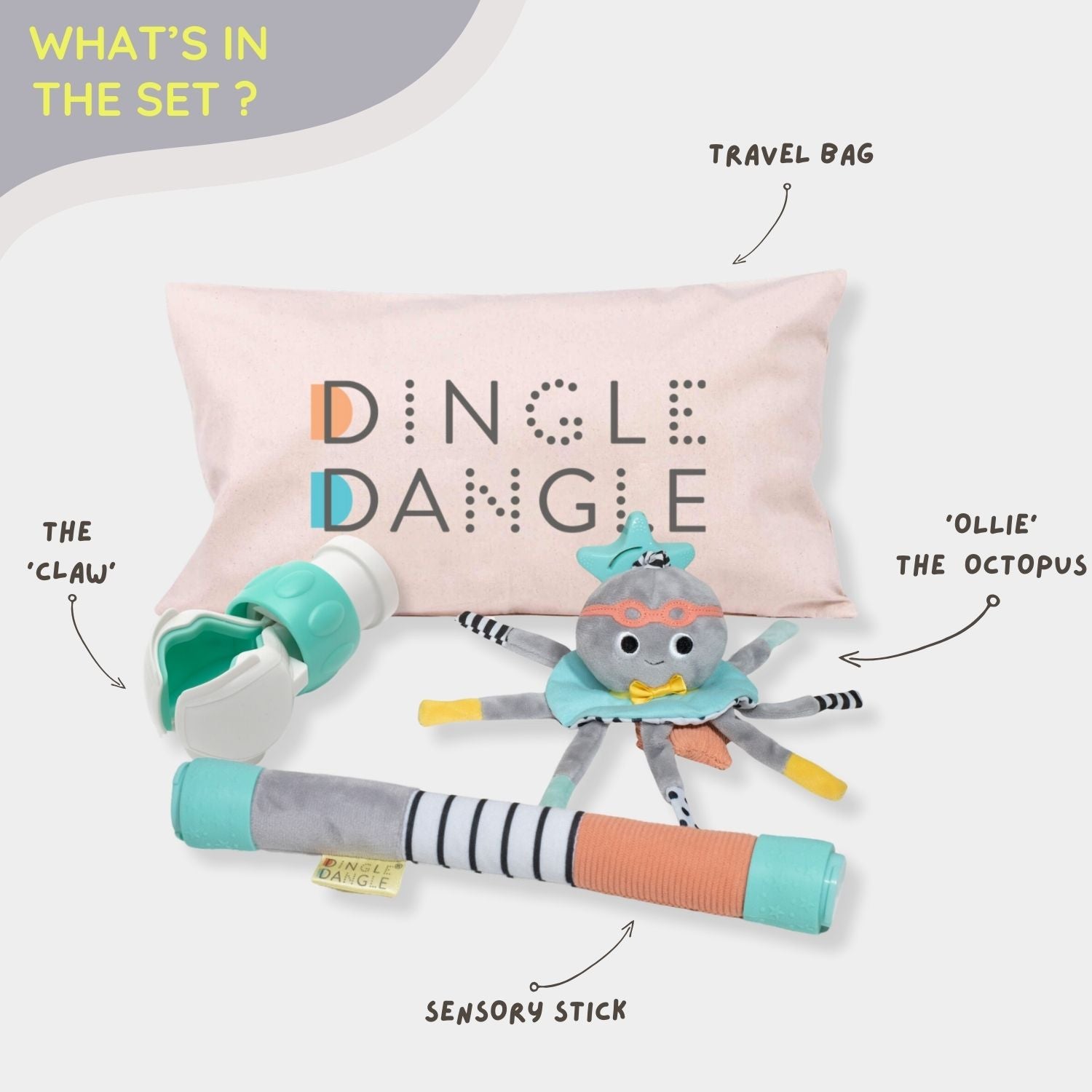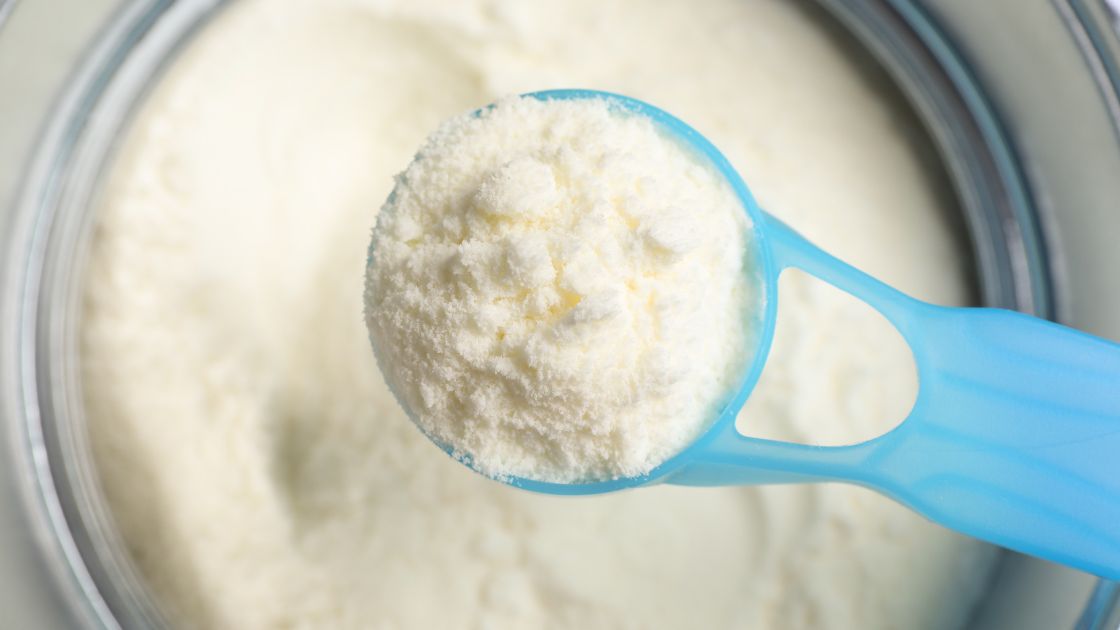

· By Stewart Gold
Can You Give A Teething Baby Frozen Formula?
Hey new parents!
Teething is probably not something you gave much thought to when your little one was born. But now that your baby is in the 3-8 month range, you are likely starting to see those (adorably) jagged little teeth begin to push through.
As cute as their little teeth can be, the teething period can be a tough time for your little one. Imagine those sensitive little gums feeling all sore and swollen as new teeth break through.

If you are seeking ways to alleviate your little one's teething pains, you may try a number of remedies to soothe your baby’s discomfort. One idea that might cross your mind is offering frozen formula for them to suck on.
Our recommendation: don’t do it.
We’ve previously dedicated an article exploring whether cold formula can upset baby’s stomach, and today we'll get a quick lesson on if you can give a teething baby frozen formula. We’ll focus on the potential concerns and offering safer alternatives to provide relief.
Is It Safe for Baby to Have Frozen Formula?
A first word of advice is to consult your pediatrician for any questions regarding your little one’s health and safety. If you have any doubts, a quick phone call will give you peace of mind - especially for first time parents.

That said, it’s not recommended to give a baby frozen formula. While the idea might seem easy and appealing for soothing teething discomfort, there are safety concerns to consider that can pose a risk to your baby:
- Choking Hazard: Frozen formula may contain sharp edges or large chunks that can break off and pose a choking hazard, particularly if the baby attempts to bite or chew on it. Your baby is still developing their ability to chew and swallow, which increases the risk of choking when consuming solid foods, including frozen formula.
- Bacteria Growth: If bacteria get into the infant formula before you freeze it, the super cold temps in your freezer might make the milk unsafe to give to your little one. Even if you pop it in the freezer before its expiry date, using formula that's past its prime could still be risky.
- Temperature Sensitivity: Your baby’s gums are extra sensitive during the teething process. Extreme cold temperatures from frozen formula may cause discomfort or even pain rather than providing relief. Additionally, frozen objects can potentially damage delicate gum tissue if applied directly to the gums.
- Nutritional Compromise: Freezing formula can alter its nutritional content and degrade its quality over time. Specifically, the FDA says that freezing formula can cause the components to separate. While not a huge safety concern, it should be taken into account if you are considering giving your baby frozen formula instead of his/her regular warm formula.
For all of these reasons laid out above, we do not recommend giving your baby frozen formula for teething. As you will see below, there are safe and more effective alternatives to frozen formula that will be better suited for relieving your baby’s discomfort during teething.
Alternatives To Frozen Formula for Teething Relief
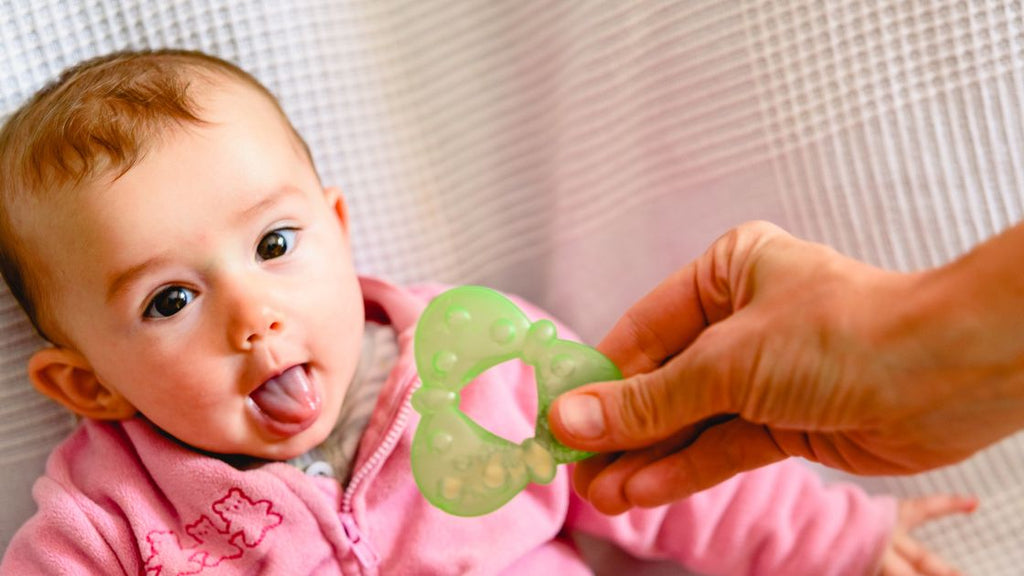
Instead of offering frozen formula, you should consider these inexpensive and effective alternatives for soothing teething discomfort:
- Chilled Teething Toys: Safe and specially designed teething toys can provide soothing relief to sore gums without the risks associated with frozen formula. Most of these toys like Nuby’s line of teethers can be purchased for under $10 and can be used multiple times by the baby. You can put them in the refrigerator to chill (not freeze) which will help sooth their sore gums.
- Teething Oils: Research has shown that essential oils are safe and effective in treating pain for infants, with little risks but benefits of helping ease the pain of teething. Essential oils like organic teething oil made specifically to treat teething pain are a great option when it comes to helping your teething baby. Just make sure you read the labels prior to purchasing to understand what is going on your baby’s gums.
- Damp Washcloth: A clean, damp washcloth chilled in the refrigerator (not frozen) offers a gentle and safe option for teething babies to gnaw on. It’s super simple and effective … and did we mention, completely free!
- Gentle Gum Massage: Using a clean finger, gently massaging the baby's gums can help alleviate discomfort and provide comfort during teething. If you are going to do this, please remember to thoroughly wash your hands prior to so you do not accidentally get your baby sick!
Consultation with Pediatrician
While online information is helpful (or at least we like to think so) it's always recommended to consult with a pediatrician if unsure about teething remedies or if your baby appears to be experiencing significant discomfort.
Pediatricians can offer professional guidance tailored to the baby's individual needs and ensure their well-being throughout the teething process.
Conclusion
There are no bad questions when it comes to parenting and especially when it comes to easing any pain and discomfort your baby may be feeling.
While frozen formula might seem like a convenient solution for teething discomfort, we think the potential risks outweigh the benefits.
As discussed above, there are safer and more effective alternatives such as chilled teething toys, damp washcloths, and gentle gum massages can effectively soothe teething pains while prioritizing the baby's safety and nutritional needs.
Thanks so much for reading today and hope this provided you a little bit of clarity and comfort!
___________
About the Author
Stu is the Owner of Dingle Dangle Baby and the proud father of 2 boys. He loves to share parenting knowledge with new parents (especially dads!) to help

